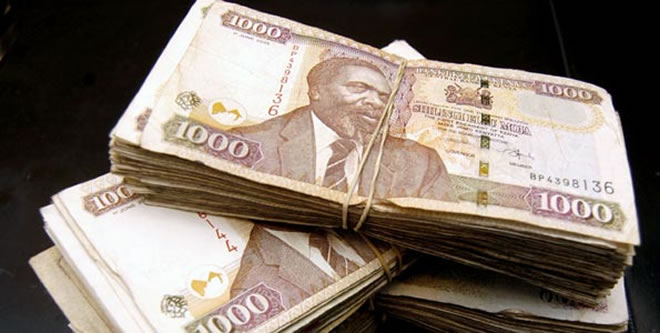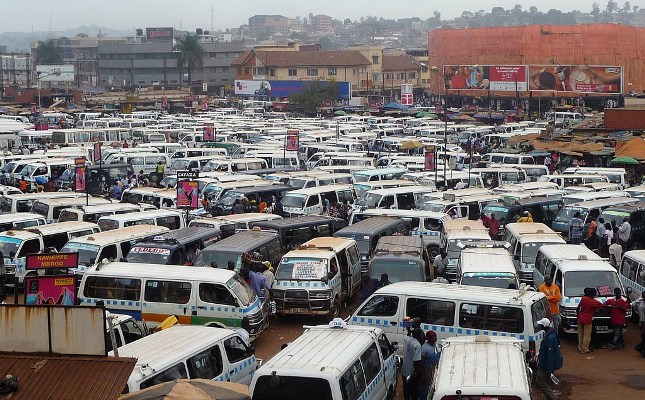President Akinwumi Adesina
An African Development Bank report released Thursday shows that the institution was pivotal in 2021, delivering timely investments that are helping millions of Africans overcome the unprecedented challenges caused by the Covid-19 pandemic.
Published annually for the past 12 years, the Annual Development Effectiveness Review analyses the Bank’s role in Africa’s development. It monitors the Bank’s contribution to the High 5s: Light Up and Power Africa, Feed Africa, Industrialise Africa, Integrate Africa, and Improve the Quality of Life for the People of Africa.
Titled “Returning Africa to its Development Path,” the 2022 edition of the report notes that the Bank Group pressed ahead with its projects in 2021 despite shutdowns, supply chain disruptions, and a global economic slump. Across the continent, the Bank’s investments expanded access to electricity, improved transport, boosted agricultural productivity, fuelled industrialization, and integrated regions.
According to the report, however, economic recovery remains uneven and fragile, even as the easing of Covid-19 restrictions has put many regions of the continent back on a growth trajectory. The report estimates that continued vulnerabilities and new health measures pushed an additional 30 million Africans into extreme poverty in 2021. By the end of the year, the Bank had spent $4 billion underwriting countries’ efforts to rapidly scale up Covid testing, train health workers, provide households with social support, and supply businesses with finance.
But the pandemic, and its far-reaching consequences, is not the only crisis facing the continent today. African countries are also grappling with the climate crisis, insecurity in the Sahel and the Horn of Africa, and the impact of the war in Ukraine, particularly its impact on food prices. Investments need to accelerate.
The report’s scorecard shows results in every sector. In energy, for example, Bank investments made possible the installation of 294 km of new or improved power transmission lines and 456 km of power distribution lines. As a result, around 1.3 million people received new electricity connections.
“They say that in every crisis, lies an opportunity,” remarked Simon Mizrahi, director of the Development Impact and Results Department. “Africa, and the Bank, showed remarkable resilience again last year. For example, the Annual Development Effectiveness Review calculates that our projects provided more than 12 million people with access to safe water and sanitation in 2021. This was three times more than our target. And our investments in the private sector supplied more than 130,000 micro, small, and medium-sized enterprises with financial services—double our target, to the benefit of 3.4 million people.”
“We are pleased with the results, and the Bank’s teams have a lot to be proud of,” Mizrahi continued. “But the report also motivates us to reach higher, in the most ambitious way possible, so that more Africans can thrive.”
In a foreword to the report, Bank Group President Akinwumi Adesina observed that despite remarkable progress last year, the continent needs more resources now than ever.
“African countries must manage climate change, prepare for future health emergencies, and deal with the prospects of a global food crisis,” Adesina said. “With just eight years left to achieve the sustainable development goals, we need more ambitious plans for mobilizing resources for Africa’s development.”
Adesina called on Africa’s partners worldwide to join the African Development Bank in embracing a bolder vision for financing the continent’s development.
“Africa will not be defined by challenges, but by its ability to overcome challenges. Together, we will put Africa back on a sound trajectory for resilient growth and development,” Adesina said.





